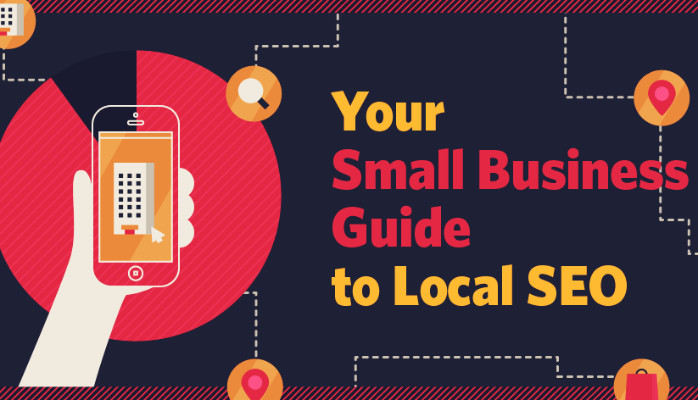Search Engine Optimization (SEO) is a powerful tool that can help you improve your website’s visibility and attract organic traffic.
If you’re new to SEO and wondering where to start, this guide is here to help you navigate the basics and set a solid foundation for your SEO journey.
Introduction
In today’s digital age, having an online presence is essential, but simply having a website isn’t enough.
To stand out in the vast online landscape, you need to optimize your site for search engines like Google, Bing, and Yahoo.
SEO is the key to achieving this, and it’s not as complex as it may seem. This guide is designed to make SEO accessible to beginners.
Understanding SEO: What is it and Why is it Important?
SEO is the practice of optimizing your website to rank higher in search engine results pages (SERPs).
When your site ranks higher, more people are likely to find and visit it, leading to increased traffic and potential conversions. Here’s why SEO is crucial:
- Increased Visibility: SEO helps your website appear on the first page of search results, making it more likely for users to click on your link.
- Organic Traffic: Unlike paid advertising, SEO generates organic traffic, which is both cost-effective and sustainable.
- Better User Experience: SEO involves optimizing your website’s structure and content, which ultimately leads to a better user experience.
SEO Basics for Beginners
- Keyword Research: Start by identifying relevant keywords that your target audience is likely to use when searching for your products or services. Tools like Google Keyword Planner can assist you in this process.
- On-Page SEO: Optimize your website’s pages by including your chosen keywords in the title tags, meta descriptions, headers, and content. Ensure your content is valuable, well-structured, and easy to read.
- Quality Content: Content is king in SEO. Create informative, engaging, and original content that addresses the needs and interests of your audience.
- Link Building: Build high-quality backlinks from reputable websites to improve your site’s authority. Focus on quality over quantity.
- Mobile Optimization: Ensure your website is mobile-responsive, as Google prioritizes mobile-friendly sites.
- Page Speed: A fast-loading website is essential for user satisfaction and SEO rankings. Use tools like Google PageSpeed Insights to identify and fix speed issues.
Measuring Success: Analytics and Monitoring
Utilize tools like Google Analytics and Google Search Console to track your website’s performance.
Monitor key metrics such as organic traffic, click-through rates (CTR), and keyword rankings. Regularly assess your progress and make adjustments as needed.
Conclusion
SEO is a dynamic field that requires patience and continuous learning. As a beginner, focus on mastering the fundamentals, such as keyword research, on-page optimization, and content creation.
Gradually, you’ll become more proficient and can explore more advanced SEO strategies.




